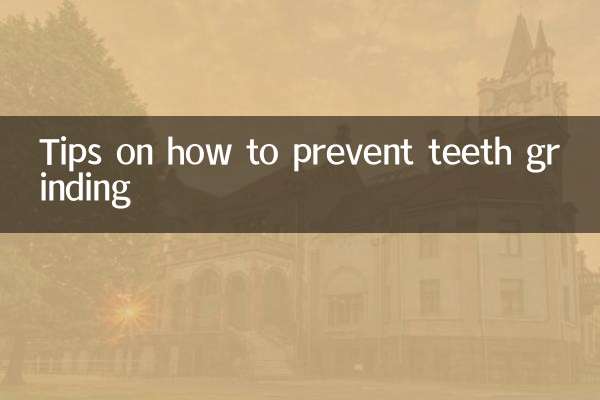Why is the vaginal mouth red and swollen?
Vaginal orifice redness and swelling is one of the health problems that many women may encounter and can be caused by a variety of reasons. This article will combine the hot topics and hot content on the Internet in the past 10 days to provide you with a detailed analysis of the causes, symptoms, treatment methods and preventive measures of vaginal orifice redness and swelling.
1. Common causes of vaginal orifice redness and swelling

Vaginal orifice redness and swelling may be related to the following factors:
| Reason | Symptoms | High-risk groups |
|---|---|---|
| bacterial vaginosis | Redness, itching, odor | sexually active women |
| fungal vaginitis | Redness, swelling, white discharge, severe itching | People with low immunity |
| allergic reaction | redness, stinging, rash | Those who use new skin care products or condoms |
| mechanical friction | redness, swelling, slight pain | Those who have frequent sex or wear tight clothes |
2. Hot topics related to the entire network in the past 10 days
According to the recent popularity of online discussions, the following topics are closely related to vaginal health:
| hot topics | Discussion popularity | relevance |
|---|---|---|
| Misunderstandings about female private parts care | high | Wrong care methods may cause redness and swelling |
| Menstrual hygiene product selection | Middle to high | Unsuitable products may cause allergies |
| Vaginal microecological balance | high | Dysbiosis may lead to inflammation |
| Popularization of sexual health knowledge | in | Unsafe sex may lead to infection |
3. How to judge the severity of vaginal orifice redness and swelling
It is recommended to seek medical attention immediately if:
1. Redness and swelling that persist for more than 3 days without relief
2. Accompanied by fever or general discomfort
3. Abnormal secretions (changes in color and smell)
4. Pain during urination or sexual intercourse
5. Ulcers or blisters appear
4. Common treatment methods
| Treatment | Applicable situations | Things to note |
|---|---|---|
| local cold compress | slight redness and swelling | Avoid applying ice directly and wrap it in a towel |
| antibiotic ointment | bacterial infection | Need to be used under the guidance of a doctor |
| antifungal drugs | fungal infection | Need to complete the entire course of treatment |
| Oral antihistamines | allergic reaction | Avoid contact with allergens |
5. Measures to prevent vaginal orifice redness and swelling
1. Keep the vulva clean and dry, but avoid excessive washing
2. Choose cotton and breathable underwear
3. Pay attention to cleanliness before and after sex
4. Avoid using harsh lotions
5. Change sanitary products frequently during menstruation
6. Enhance immunity and maintain a regular schedule
6. Recent expert advice
According to recent interviews with gynecological experts, special reminder:
1. Do not buy your own medicine for vaginal flushing, as it may destroy the normal flora
2. After the redness and swelling subside, you still need to pay attention to prevent recurrence.
3. If your partner has symptoms, they should be treated at the same time to avoid cross-infection.
4. Regular gynecological examinations can help detect problems early
7. Answers to frequently asked questions from netizens
Q: Can vaginal orifice redness and swelling heal on its own?
A: Mild redness and swelling may heal on their own, but it is recommended to observe changes in symptoms and seek medical attention if symptoms worsen.
Q: Will using panty liners cause redness and swelling?
A: Long-term use of non-breathable pads may increase the risk of infection. It is recommended to choose breathable pads and change them frequently.
Q: Does diet affect vaginal health?
A: A high-sugar diet may increase the risk of fungal infection. It is recommended to eat a balanced diet and supplement with appropriate amounts of probiotics.
Summary: Vaginal orifice redness and swelling may be symptoms caused by a variety of reasons. It is important to identify the cause in time and take appropriate measures. If symptoms persist or worsen, it is recommended to seek medical advice as soon as possible to avoid delays in treatment. Paying attention to preventive measures in daily life and maintaining a healthy lifestyle can help maintain vaginal health.

check the details

check the details